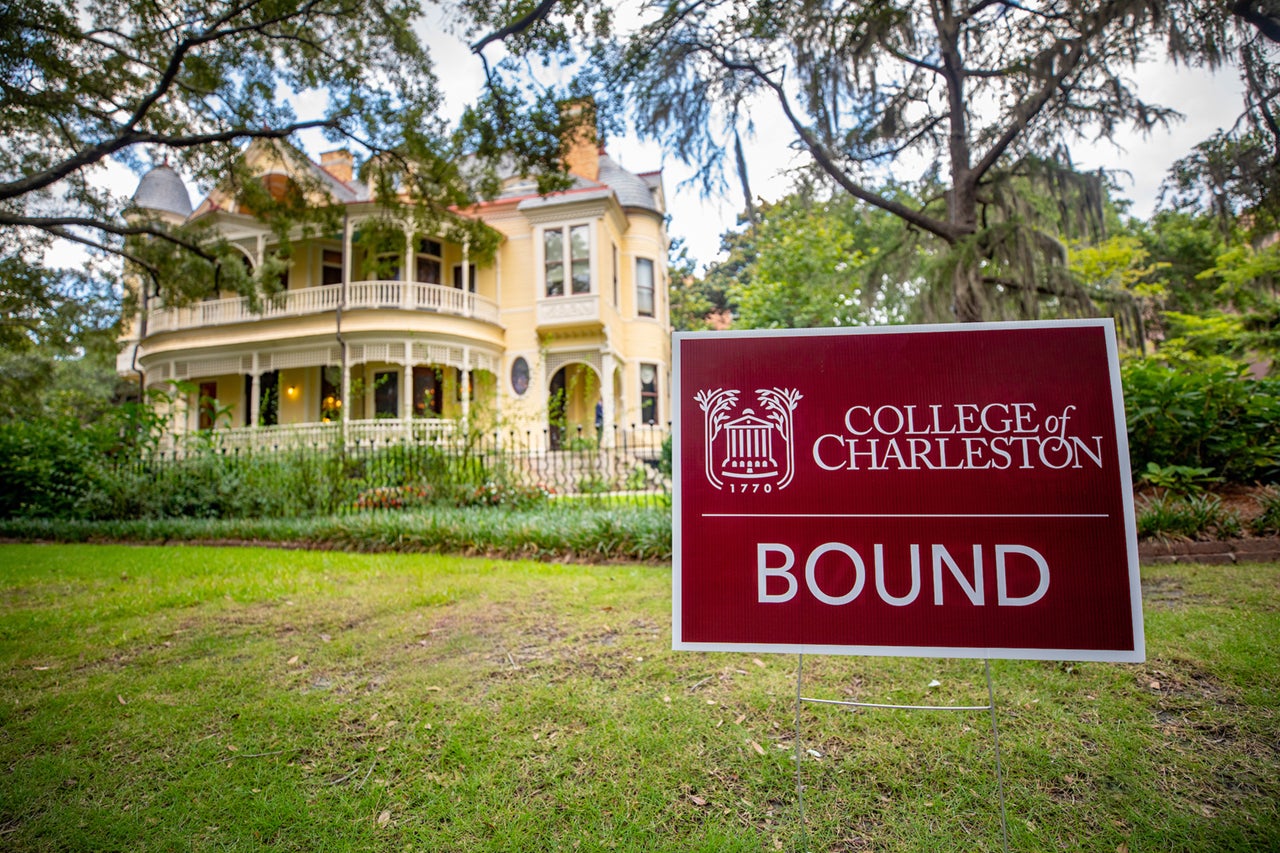“College is going to change your life.”
Recent high school graduates have heard that statement in one form or another about a bazillion times over the past few weeks. So, it’s understandable why this could be a very anxious time for students starting their freshman year of college this fall.
It is true that college brings an infinite number of new challenges and opportunities for students. It’s also true that as an incoming college freshman, you’re going to be intimidated.
Wouldn’t it be nice to get some helpful pointers on how to make the most of your new college experience?
We think so.
That’s why The College Today asked 10 College of Charleston professors to offer up a bit of advice to make the start of the academic year a little easier for freshmen.
- Make a calendar of when things are due at the start of the semester. Many professors won’t remind you constantly of deadlines and assignments like high school teachers did. You are responsible for your work now.
- When you study/read/write/go to class, turn off your cell phone and put it out of sight. You will do better and finish your work quicker if you do.
Karen Chandler (Arts Management)
- There’s very little you can do to prepare for this so I can’t give you any advice; but … you WILL trip on a brick on the sidewalk before you graduate!
- Experience something new, and someone different. Push your cultural boundaries, use kind words, treat your neighbor as you would treat yourself, and practice random acts of kindness.
- Use some of your weekends to experience the many arts and cultural offerings on campus, in Charleston and the Lowcountry, and be sure to visit the Avery Research Center for African American History and Culture, the Halsey Institute of Contemporary Arts, and attend Spoleto Festival USA.
- There is a great deal of pressure on students to fly through college accumulating accolades. Resist that as best you can. Enjoy this.
- Go to class.
- Learn something you never imagined you might learn about. Surprise yourself.
- Really, go to class.
- Don’t let fear of failure keep you from trying something new or difficult. You may get dirty trudging through pluff mud, but it’s a far more interesting journey than a walk in the park.
- Learn to budget and eat in the cafeteria. If your choice is to eat on King Street or buy books – choose your books!
- I urge all my students to visit their professors during office hours, regardless of how well or poorly they are doing in class. Not only will this improve the student’s grade in the class (because the professor will be able to provide individualized assistance), not only will it improve the class itself (because the professor will be able to better steer the class to the needs and interests of the students), but also it is essential for each student to know a few professors really well so that they can write strong letters of recommendation when the student applies for jobs or graduate schools.
- Create a life routine that includes class work and leisure – and stick with it.
- Go see your professors. Go early, go often. Office hours are there for a reason. If you’re interested in the subject – go and talk to the professor. If you’re ‘kinda struggling’ – go see the professor. The more we see you outside of class, the better. We don’t bite.
- Start research papers as soon as possible. Review the citations practices of the class and follow them. Do not wait.
- If you aren’t feeling stupid on a daily (even hourly) basis, then you aren’t trying hard enough. The only way you discover who you are and what matters most in life is to step outside of your comfort zone and embrace feeling like you have no idea what the hell is going on.
- The most important thing to get out of your college education is moral courage. What the world needs more than anything is people who are willing to fight on behalf of those who cannot.
Chris Fragile (Physics and Astronomy)
- Get involved! Try different activities. They can be things you’ve done before or something new. Try a variety: athletic; social; or academic.
- If you’re in the sciences, plan on getting some research experience before you graduate, even if you don’t plan on becoming a research scientist.








